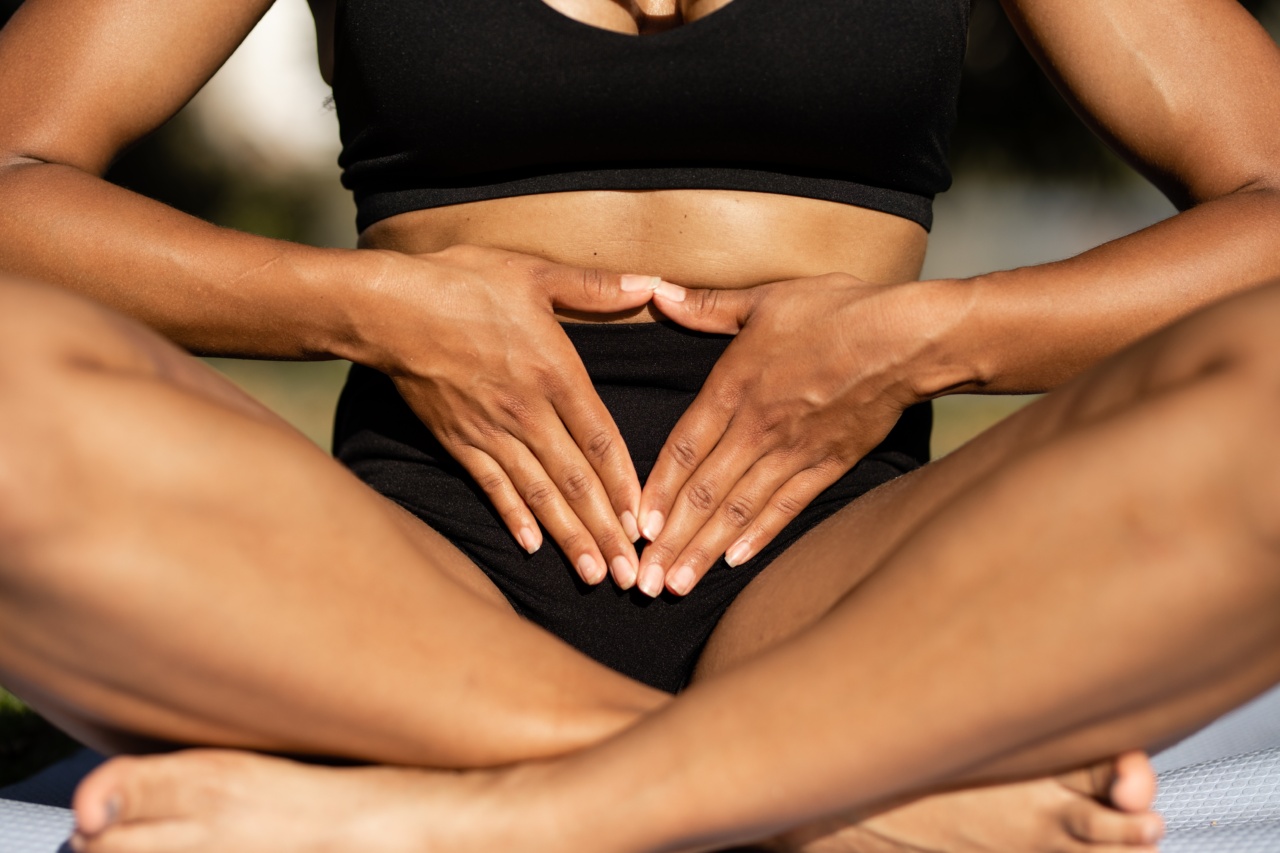Whether you’re a fitness enthusiast or just starting on your fitness journey, one of the most debated topics is whether you should exercise on an empty stomach or a full stomach.
Some fitness gurus swear by fasted workouts, while others insist that a pre-workout meal is essential for optimal performance. So, what’s the truth? In this article, we’ll explore the benefits and drawbacks of both approaches, and help you decide which one is better for you.
Working out on an Empty Stomach
The idea of exercising on an empty stomach is based on the theory that your body burns more fat when it doesn’t have a source of carbohydrates to use as fuel.
When you wake up in the morning, your glycogen stores (which are normally replenished during sleep) are low, which means your body has to turn to fat stores for energy. This results in an increased fat burning during exercise.
Another advantage of fasted workouts is that your body is already in a catabolic state (breaking down muscle tissue for energy) because it has been fasting overnight.
So, when you exercise, your body is more likely to use fat stores for energy, sparing your muscle tissue. This is especially important if your goal is to lose body fat while maintaining muscle mass.
However, there are also some drawbacks to working out on an empty stomach. Without any fuel, you may lack the energy to perform high-intensity workouts, which could lead to a decrease in performance.
This means you may not be able to lift as much weight or run as fast as you would if you had eaten beforehand. Additionally, working out on an empty stomach can lead to dizziness, nausea, and low blood sugar levels.
Exercising on a Full Stomach
The idea behind eating before exercising is to provide your body with fuel to power your workout. When you eat carbohydrates, your body breaks them down into glucose, which is stored in your muscles as glycogen.
Your body can then use this glycogen for energy during exercise.
Eating before a workout also replenishes your energy stores, which means you’ll have more energy available for high-intensity workouts.
This means you’ll be able to lift heavier weights or perform longer cardio sessions, ultimately leading to better results.
Additionally, eating before exercise can help prevent low blood sugar levels and dizziness, especially if you’re doing a long or intense workout.
The Drawbacks of Exercising on a Full Stomach
While there are many advantages to eating before exercise, there are also some drawbacks. When you eat, blood flow is directed to your digestive system to help break down and absorb nutrients.
This means there may be less blood flow to your muscles during exercise, which could lead to decreased performance. Additionally, some people may experience gastrointestinal discomfort or cramping if they eat too close to a workout.
The Verdict
So, which is better: exercising on an empty stomach or a full stomach? The answer, as with most things in fitness, is that it depends on your goals and preferences.
If your goal is to lose body fat while maintaining muscle mass, and you’re not doing high-intensity workouts, then working out on an empty stomach may be a good option for you.
However, if your goal is to increase strength, endurance, or performance, and you’re doing high-intensity workouts, then eating before exercise is likely a better choice.
The most important thing is to listen to your body. If you feel dizzy, nauseous, or low on energy during a fasted workout, then it’s probably not the best choice for you.
On the other hand, if you feel bloated or uncomfortable after eating before a workout, then you may want to try exercising on an empty stomach.
In general, it’s a good idea to eat a small snack or meal containing carbohydrates and protein 30 minutes to an hour before a workout.
This will provide your body with the energy it needs to power through your workout, without causing any digestive discomfort.
Conclusion
Exercising on an empty stomach versus a full stomach is a personal choice, and which one is better for you depends on your individual goals and preferences.
Either way, it’s important to fuel your body with the nutrients it needs to perform at its best. So, whether you choose to eat before a workout or not, make sure you’re getting the right balance of carbohydrates, protein, and fat to support your fitness goals.



























